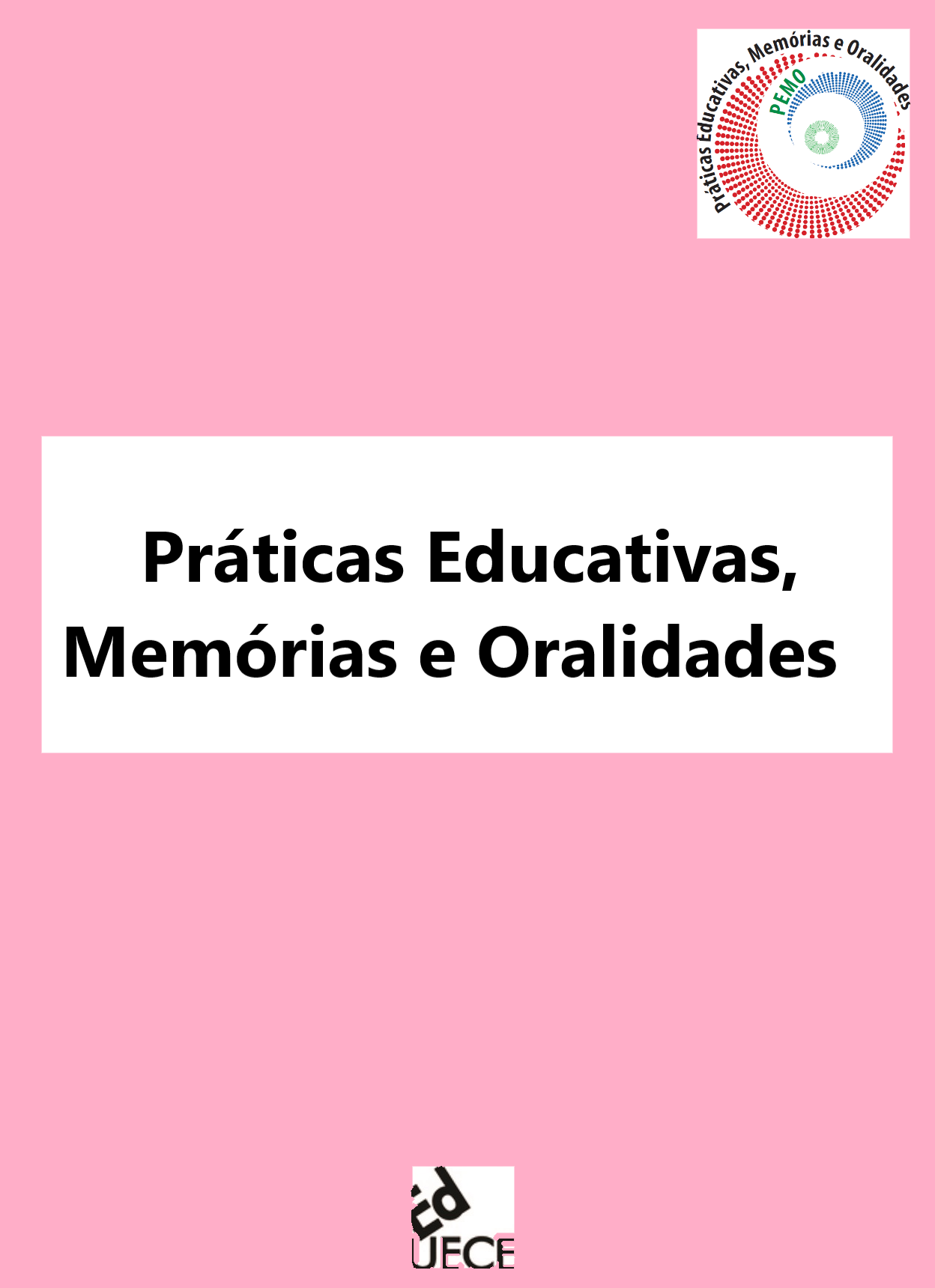Parenting versus academic productivity: a study on university teaching mothers
DOI:
https://doi.org/10.47149/pemo.v4.e49127Keywords:
University, Women, Parenting, Academic ProductivityAbstract
This article proposes a reflection on the apparent opposition between parenting and the productivity of women in the academy, considering that mothers have their academic production crossed by this reality of parental care that affects a relative decrease in academic productivity. By looking specifically at the academic production of female teachers at Federal Institutions of Higher Education in the Northeast region, during the period of the COVID-19 pandemic, we have verified a relevant decrease in their production, and we infer that this decrease is directly related to the context of parental care and the overload of domestic work that characterizes this group. This is research anchored in the perspective of intersectionality that seeks to question the misogynist model of the Brazilian University that naturalizes the adverse working conditions of women, disregarding the machismo that crosses social practices in different instances of our society, defining different social places at different times women.
Downloads
References
ANZALDÚA, Gloria. Falando em línguas: uma carta para as mulheres escritoras do terceiro mundo. Revista Estudos Feministas, [s. l.], v. v.8, ed. n.1, 2000.
BALLESTRIN, Luciana Maria de Aragão. Feminismos Subalternos. Rev. Estud. Fem. [online]., vol.25, n.3, pp.1035-1054, 2017. ISSN 0104-026X. DOI: https://doi.org/10.1590/1806-9584.2017v25n3p1035
CRENSHAW, Kimberle. A intersecionalidade da discriminação de raça e gênero. 2002. Disponível em: <http://www.acaoeducativa.org.br/fdh/wp-content/uploads/2012/09/Kimberle-Crenshaw.pdf> Acesso em: 19 jun. 2020.
HILL COLLINS, Patricia. O poder da autodefinição. In: PENSAMENTO Feminista Negro: Conhecimento, consciência e a política do empoderamento. [S. l.: s. n.], cap. 5, 1990.
HOOKS, Bell. Mulheres negras: moldando a teoria feminista. Rev. Bras. Ciênc. Polít. [online]. n.16, p.193-210, 2015. DOI: https://doi.org/10.1590/0103-335220151608
IBGE, Coordenação de População e Indicadores Sociais. Estatísticas de gênero: indicadores sociais das mulheres no Brasil. Rio de Janeiro. n.38, 2018. Versão online. Disponível em: https://biblioteca.ibge.gov.br Acesso em: 01 jun. 2020.
ONU. The Impact of COVID-19 on Women. 2020. United Nations Entity for Gender and the Empowerment of woman. Disponível em: unwoman.org. Acesso em: 01 jun. 2020.
PARENT IN SCIENSE. Produtividade Acadêmica durante a pandemia: efeitos de gênero, raça e parentalidade. Disponível em: < https://327b604e-5cf4-492b-910b-e35e2bc67511.filesusr.com/ugd/0b341b_81cd8390d0f94bfd8fcd17ee6f29bc0e.pdf?index=true>, acesso em: 20 jun. 2021.
RODRIGUES, Jeorgina Gentil; GUIMARÃES, Maria Cristina Soares. A Fundação Oswaldo Cruz e a ciência no feminino: a participação feminina na prática e na gestão da pesquisa em uma instituição de ensino e pesquisa. Cadernos Pagu, n.46, p.197-222, jan-abril, 2016. DOI: https://doi.org/10.1590/18094449201600460197
Published
How to Cite
Issue
Section
License
Copyright (c) 2022 Kássia Mota de Sousa, Larissa Lira da Silva, Kethley Horranna Bezerra Rolim

This work is licensed under a Creative Commons Attribution 4.0 International License.













